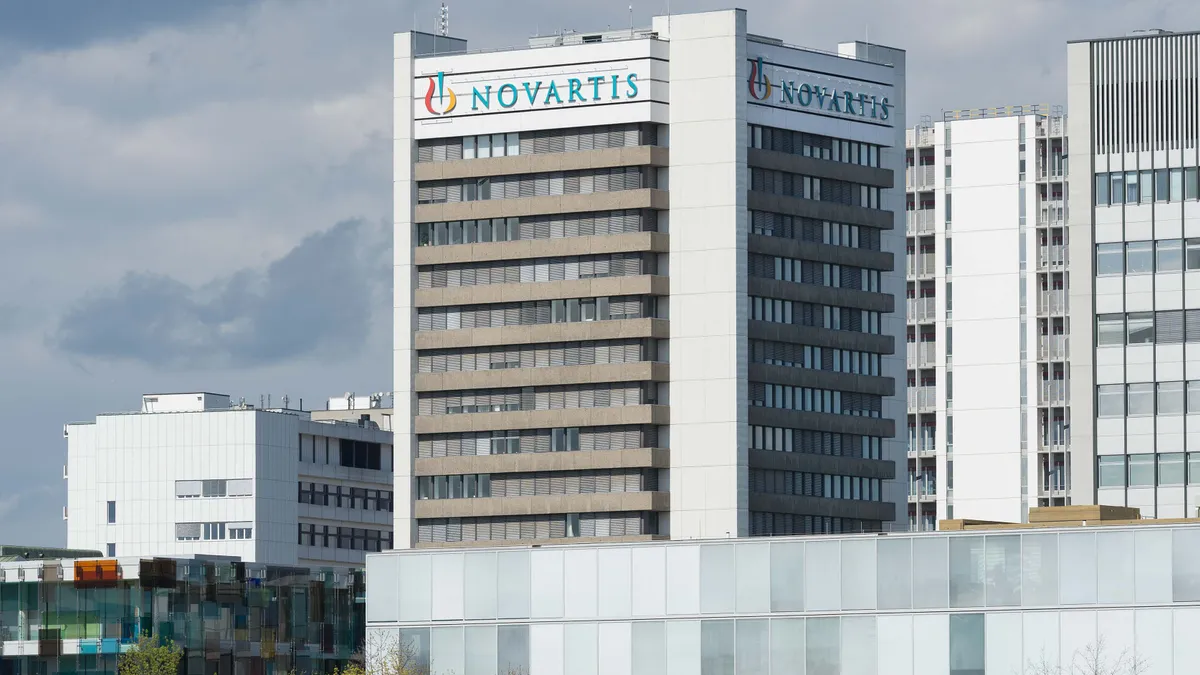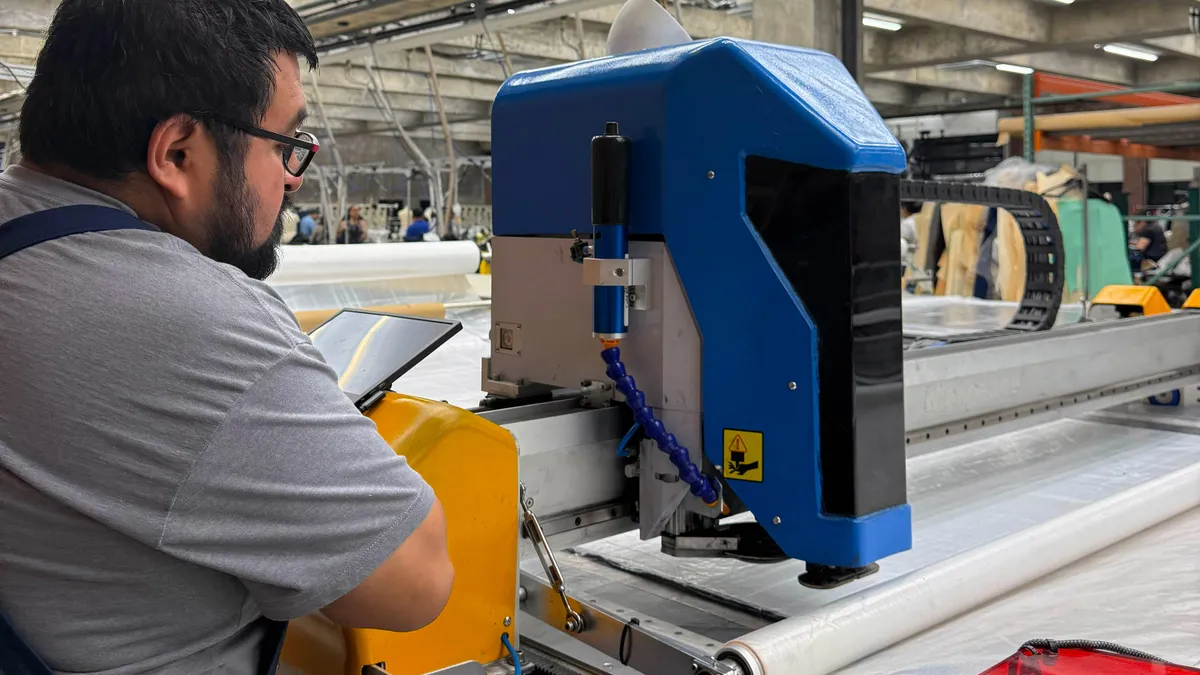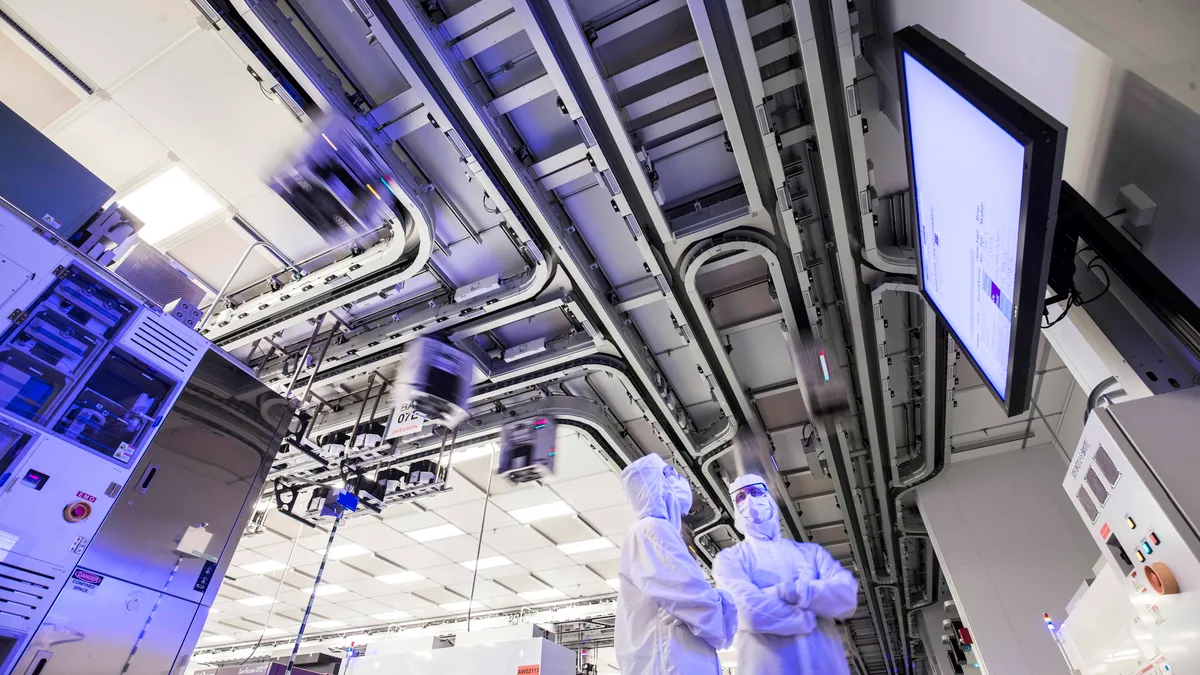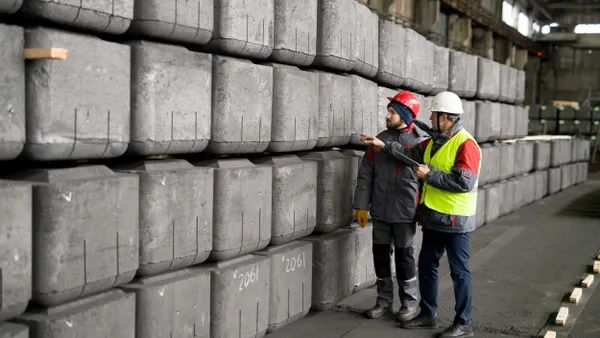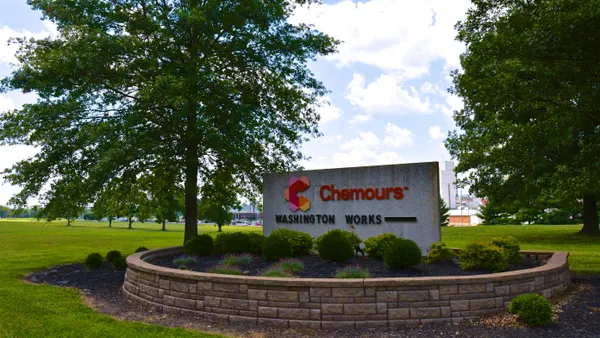Dive Brief:
- Novartis said Wednesday it’s expanding a manufacturing site in Indianapolis and building a new plant in California in anticipation of growing demand for radiopharmaceutical therapies to treat cancer.
- The company said it has already broken ground on a new facility at its Indianapolis site, where Novartis plans to produce the radioisotopes that are a critical part of the therapies. The company earlier this year received Food and Drug Administration approval to manufacture its Pluvicto treatment at its 70,000-square-foot site in Indianapolis.
- At the same time, Novartis is expanding to the West Coast with a new production site in Carlsbad, California. The company said the facility will “create resiliency” in its manufacturing network and improve the delivery of medicines to patients in that part of the U.S.
Dive Insight:
Novartis is a leading developer of radiopharmaceuticals, a hot area for development. The company currently sells Pluvicto and Lutathera to treat prostate and digestive tract cancers and has a pipeline of new therapies that it expects to manufacture at the new facilities as well.
Radiopharmaceuticals offer the promise of precise delivery of radiation into tumors while largely sparing the surrounding healthy cells. But manufacturing the medicines is complex and time is of the essence at each step. Novartis needs to produce the medicines and ship them for infusion into patients before the radioisotopes degrade too much.
The company already has a manufacturing facility in New Jersey and chose Indianapolis for its second site in part because almost half of the U.S. population lives within a 12-hour drive. The new plant in California will expand the company’s reach further.
Adding a third U.S. facility will also give Novartis more of a cushion in case something goes wrong at another site. In May 2022, Novartis had to temporarily suspend production of Pluvicto and Lutathera at plants in Italy and New Jersey due to potential quality flaws. It has since fixed those issues.
Novartis expects the investments in manufacturing to help preserve its leading position in radioligands as more companies try to enter the market. Major drugmakers including Bristol Myers Squibb and Eli Lilly have spent billions of dollars on radiopharmaceutical acquisitions in recent years, and more than a dozen startups are working to develop their own products.
The Swiss drugmaker is also continuing to build its presence through acquisitions. Earlier this year, the company announced plans to pay $1 billion for Mariana Oncology, whose radiopharmaceutical pipeline includes an experimental treatment for small cell lung cancer.


